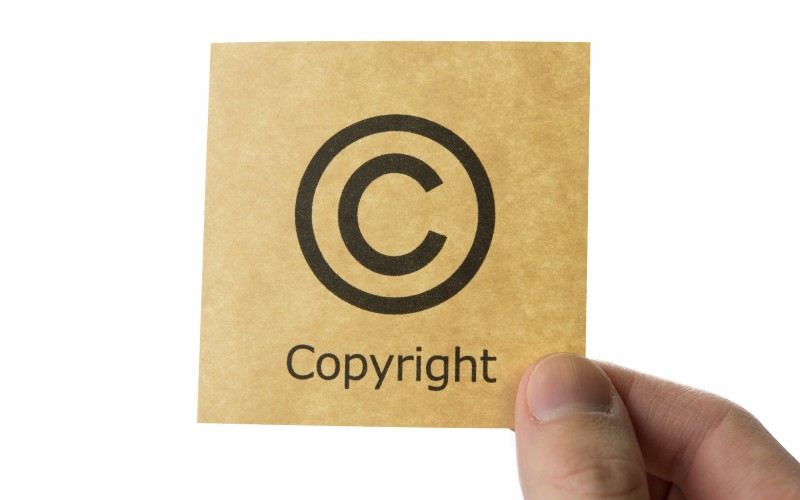
Copyright is a type of Intellectual Property Right which exists in different types of ‘works’. Such works can include literary works, musical works, films and many other mediums. Copyright is intended to protect original work and to restrict the use of such work by people other than the copyright holder, providing the holder with the exclusive right to commercialise the work, including, for example, the right to perform the work to the public, or to distribute the work by other means.
Duration of Copyright
The holder or ‘author’ of the work is the original creator of the work and most often the original holder of copyright – this original right exists automatically from the moment of creation , with the duration reliant on the type of work. Certain rights can be transferred, either automatically through employment or as a means of generating revenue from the work. Examples of duration of copyright are:
- Written, dramatic and musical work – 70 years from end of the calendar year in which the author dies;
- Sound recording and music – 50 years from the end of the calendar year in which the recording is made or, if the recording is published, 70 years from the end of the calendar year in which it was first published;
- Film – 70 years after death of the last of the screenwriter, director and composer;
- Broadcasts – 50 years from the end of the calendar year in which the broadcast was made.
Thereafter, works enter the public domain. This means that the restrictions previously placed on use will be lifted and the work can be adapted for use by anyone. Copyright laws vary across the world (UK Law is found in the Copyright Designs and Patents Act 1988) and it is important to remember that a work may still be protected in some countries despite having entered the public domain in another country. This can be quite difficult for those wanting to create a large production or share a new work online which could be made available to a worldwide audience.
Notable Works Entering Public Domain in 2023
From 1st January 2023, written, musical and dramatic works created by authors who died in 1952 will enter the public domain as this will be 70 years from the end of the calendar year in which the author died. Notable works entering the public domain on 1st January 2023 in the United States include 1927’s ‘The Jazz Singer’ (the first feature length film to use both synchronised speech, music and sound effects – often referred to as the first ‘talkie’) and the 1927 version of Show Boat. This is because US law provides protection for 95 years from publication of these works, differing to the UK position. However, similar to other works, it is worth noting that later productions of the same work will continue to be protected with their own copyright and not enter the public domain, and intellectual property protections may have been extended in certain countries.
Amongst these popular works entering the public domain in 2023 are the final set of Sherlock Holmes stories. Despite entering the public domain in the UK previously, the last two short stories only do so in the United States in 2023. This situation also applies to the first three Hardy Boys books: The Tower Treasure, The House on the Cliff, and The Secret of the Old Mill. The US public domain will also fittingly see the entry of a song entitled ‘The Best Things in Life are Free’ from the musical ‘Good News’.
It is clear that, particularly in dealing with copyright which has been developed through new connected works created over several stories, it is often difficult to draw the line between which parts of the intellectual property are now in the public domain and which are not. Whilst this may no longer be a problem for the copyright in the Sherlock Holmes stories, being the final set, this has not always been the case – popular adaptions of the character have required to walk the line between which aspects of the character are in the public domain (due to originating in the earlier stories) versus which are not, even resulting in legal action to determine this.
How Can Thorntons help You?
If you are looking at protecting your own intellectual property rights, or acquiring a license to/ownership over another’s, it is crucially important to obtain legal advice before, during, and after the transaction, especially in novel areas such as digital assets. With experts in the field, including a Chartered Trade Mark Attorney, we will guide you through the process, providing you with a bespoke service tailored to your business’s needs. Please do not hesitate to contact us on 03330 430350 to discuss your needs further.
